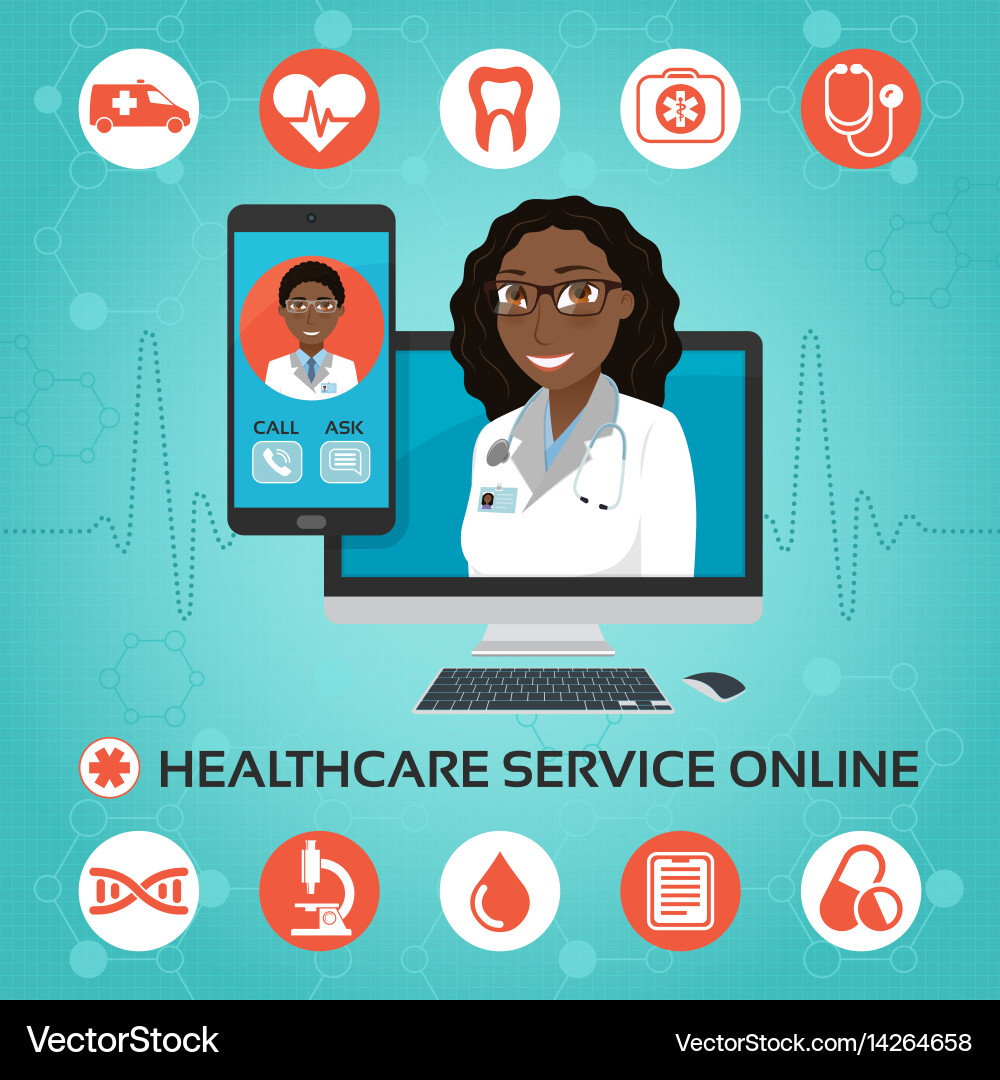Subscription Based Healthcare: Transforming the Way We Think About Health
Subscription Based Healthcare: Transforming the Way We Think About Health
Blog Article
The Increase of Subscription-Based Healthcare and Its Influence On Individual Treatment
As healthcare progresses, the subscription-based design is acquiring grip, guaranteeing to revolutionize individual care by using predictability and ease of access. The possibility for these designs to improve healthcare shipment increases pushing concerns regarding their long-term sustainability and inclusivity. Are these registration services the future of health care, or do they risk leaving vulnerable populaces behind?
Comprehending Subscription Healthcare Models
Realizing the concept of registration medical care models involves examining a transformative strategy to medical services that emphasizes affordability and access. These models, commonly referred to as straight health care (DPC) or attendant medication, have actually become cutting-edge options to traditional fee-for-service medical care systems. Registration health care permits individuals to pay a fixed monthly or yearly fee for a specified collection of medical solutions, which may consist of limitless workplace check outs, routine check-ups, and fundamental lab tests, without the requirement for typical insurance invoicing.
The framework of subscription healthcare versions is created to enhance client treatment by removing third-party payers and complex invoicing codes, consequently reducing administrative burdens. Doctor can focus more on client care, fostering more powerful patient-provider partnerships. This version additionally promotes preventative treatment by encouraging regular visits, as the financial barrier of per-visit fees is gotten rid of.
The subscription version often equips healthcare suppliers to manage smaller sized patient panels, permitting for more customized care. It straightens financial rewards with patient health and wellness end results, as carriers are inspired to preserve individual satisfaction and health. On the whole, comprehending membership healthcare models calls for identifying their prospective to reshape exactly how care is delivered and accessed.
Benefits for Companies and patients

With a consistent profits stream, medical care specialists can dedicate more time to each person, leading to a much more comprehensive and personalized care experience. The focus on preventive care within membership strategies can lead to much better patient outcomes and minimized lasting medical care expenses.
Obstacles and Issues
While subscription-based health care models present many benefits, they also come with a set of difficulties and issues that should be resolved. This increases moral questions concerning equitable accessibility to health care services.
Financial sustainability of subscription-based models is an additional issue. Providers have to stabilize the fixed income from registrations with the variable costs of healthcare solutions, which may change because of unexpected medical requirements. This can produce pressure to restrict solutions or increase fees, potentially affecting client fulfillment and care high quality.
Furthermore, governing oversight of subscription-based medical care versions is still advancing. The absence of standardized structures can lead to irregular solution high quality and accountability, complicating efforts to guarantee patient security. The integration of modern technology-- frequently a foundation of these models-- elevates questions regarding data privacy and safety and security, as sensitive patient information can be susceptible to breaches. Resolving these obstacles is essential for the fair and effective implementation of subscription-based healthcare.
Influence On Patient-Doctor Relationships
One substantial influence of subscription-based medical care models on patient-doctor relationships is the capacity for boosted connection and individualized treatment. By embracing a subscription model, medical professionals can take care of a smaller person panel, enabling more devoted time with each person. This enhanced schedule cultivates a deeper understanding of a person's clinical background, way of living, and preferences, enabling a lot more customized therapy plans and interventions.

Nevertheless, it is necessary to recognize that while subscription-based models may profit those who can afford our website them, they might unintentionally widen healthcare disparities. People who are not able to join these versions may experience reduced accessibility to customized care, potentially influencing their partnerships with doctor. Hence, while the registration design supplies promising advantages for patient-doctor connections, it likewise poses challenges that require to be addressed to make sure fair medical care accessibility.
Future of Healthcare Access

The duty of innovation can not be ignored in this transformation. Telemedicine systems and digital wellness records promote smooth communication in between patients and health care suppliers, breaking down logistical and geographical barriers. Furthermore, improvements in man-made knowledge and data analytics can better individualize medical treatment by predicting client demands and maximizing treatment plans.
Nonetheless, the future of health care access additionally provides obstacles, such as guaranteeing equity throughout various socio-economic groups. Policymakers and health care service providers need to team up to link the electronic divide, guaranteeing that subscription-based versions stay comprehensive and budget-friendly. As these systems develop, they hold the promise of making health care a lot more accessible, effective, and patient-centric.
Conclusion
Subscription-based healthcare models are improving person treatment by giving a stable expense framework and improving accessibility. The rise of subscription-based health care motivates proactive client engagement, which has the potential to enhance person end results and contentment, indicating a transformative shift in medical care distribution.
As health care develops, the subscription-based design is acquiring visit traction, promising to revolutionize individual treatment by offering predictability and accessibility.Subscription-based healthcare designs supply distinctive benefits for both service providers and patients, enhancing the general healthcare experience.As medical care systems develop, the future of health care accessibility frequently hinges on the integration of cutting-edge designs and modern technologies.Subscription-based healthcare versions are reshaping person treatment by offering a stable price framework and enhancing availability. The increase of subscription-based medical care encourages proactive client involvement, which has Visit This Link the potential to enhance client results and contentment, indicating a transformative shift in medical care distribution.
Report this page